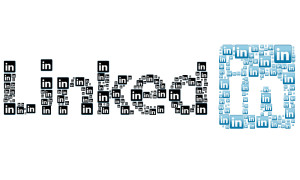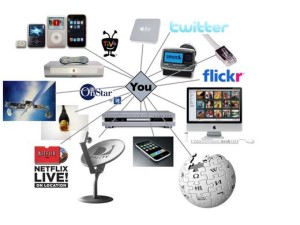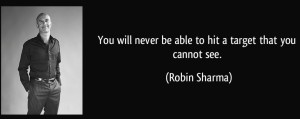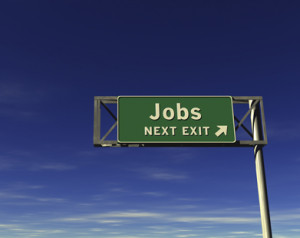 If you are on social media at all for your job search, the first place you want to start is with LinkedIn. I recently participated in a webinar hosted by Lisa Rangel of Chameleon Resumes. I encourage you to participate in one of her free webinars. If you can afford her paid services they are also probably high quality but she does provide a lot of good information for free.
If you are on social media at all for your job search, the first place you want to start is with LinkedIn. I recently participated in a webinar hosted by Lisa Rangel of Chameleon Resumes. I encourage you to participate in one of her free webinars. If you can afford her paid services they are also probably high quality but she does provide a lot of good information for free.
You will want to have a complete profile. This is not the time to skimp. Many recruiters use LinkedIn to find passive and active candidates so you need to put your best foot forward. This will also be one of the primary places to network.
Name: Please use the name you go by most often. This is the same with your resume. You do not have to use the name your Mom calls you.
Headline: You will want to be sure that your headline has keywords that a recruiter might search on. If I were in the job hunt I would use “HR, Recruiting, Talent Acquisition” and similar keywords. Don’t worry boss, I’m not looking! Pete Leibman puts it this way: Say what you are, who you help, how you make their life/work better and proof that you are credible. You get 120 characters, make them count.
Location and Industry: You will want your location to be where you want to work. It is a big turn-off to most recruiters if candidates are not local. We don’t like paying for relocation and a lot of people are “open” to other locations until the rubber meets the road.
Contact info: You can control who has access to your information but I would encourage you to let your connections have access to a phone number and email address. It is frustrating when people apply for a job posting on LinkedIn and they don’t have any contact information in their profile. You can also add your Twitter handle, website, blog, RSS feed, etc…
Summary: You have 2000 characters available. Jenny Foss of JobJenny.com puts it well: Tell your story. You want to be engaging and original. Also, write it in the first person. It sounds weird otherwise. Lastly, you can have an actionable item at the end of your summary. If I am reading your summary should I contact you? Read your blog?
Summary uploads: You can upload logos, images, videos, documents or presentations. Remember, it is better to have a little too much info than not enough. I said a little too much.
Customize your public profile URL: It just looks better. Linda Cheung tells you how.
Experience: This is from your resume. Be sure it looks good. How far back you go is up to you but the more recent and relevant the better.
Skills and Endorsements: It is a good idea to ask a few people for endorsements. I don’t hire people based on endorsements but every bit helps.
Education: Unless you think it is to your advantage, I would leave the dates off. Also keep in mind relevancy. You do not have to put down irrelevant education.
Organizations: I would keep them professional and neutral. Stay away from politics and religion.
Groups: These are a great way to network with people in your profession or with similar interests. Some are public and some you need to approved to join.
See how easy that was 🙂 I don’t know about you, but this was a multi-day project for me. I also periodically update my profile. After writing this I am not happy with mine! But wait, there’s more! Now you need to connect with people and post! More on that soon.
Al
You can observe a lot by just watching.
Yogi Berra
 I feel that you can learn a lot about people by finding out what they listen to and read. The other night at a company dinner I overheard our CEO mention he listens to podcasts during his morning workout. I asked him what his favorite podcasts are. I have now added Spartan Up! and The Unconventionals to my list of podcasts.
I feel that you can learn a lot about people by finding out what they listen to and read. The other night at a company dinner I overheard our CEO mention he listens to podcasts during his morning workout. I asked him what his favorite podcasts are. I have now added Spartan Up! and The Unconventionals to my list of podcasts.







